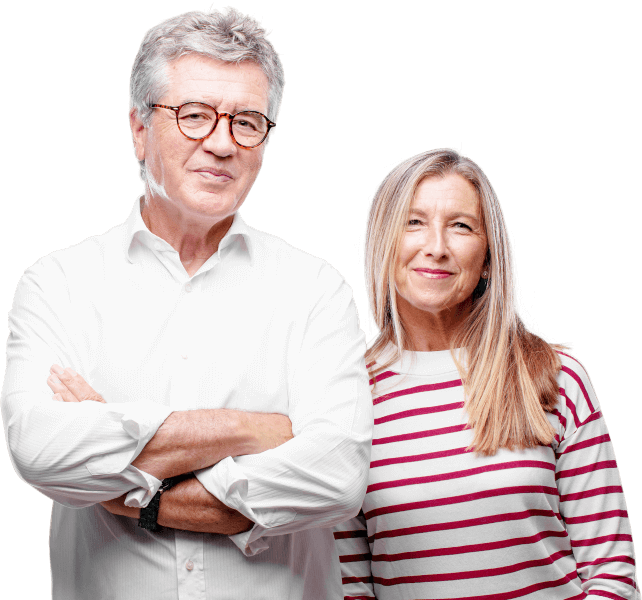In the whirlwind of modern life, it’s easy to overlook the profound impact that exercise can have on our overall well-being. Yet, beneath the surface, physical activity is not merely a way to sculpt our bodies or shed a few pounds; it’s a cornerstone of human health, affecting us on multiple levels: physical, mental, and emotional.
The Physical Benefits of Exercise
1. Enhancing Cardiovascular Health
Regular physical activity significantly bolsters cardiovascular health. Engaging in exercises like jogging, cycling, or swimming strengthens the heart muscle, improves blood circulation, and reduces the risk of heart diseases.
2. Weight Management
Exercise is a fundamental component of maintaining a healthy weight. It aids in burning calories, increasing metabolism, and building lean muscle mass. Combining it with a balanced diet can prevent obesity and related health issues.
3. Strengthening Muscles and Bones
Weight-bearing exercises, such as resistance training and weightlifting, not only build muscle strength but also promote bone density. This is crucial in preventing osteoporosis and reducing the risk of fractures.
4. Improving Immune Function
Regular physical activity has been linked to a stronger immune system, reducing the risk of various illnesses and diseases. It helps the body produce antibodies and white blood cells, enhancing its ability to fight infections.
The Mental and Emotional Benefits of Exercise
1. Mental Clarity and Cognitive Function
Exercise doesn’t just benefit the body; it’s a boon for the brain too. Physical activity stimulates the release of chemicals like endorphins and dopamine, promoting mental clarity, improving focus, and boosting overall cognitive function.
2. Stress Reduction
In the midst of life’s pressures, exercise acts as a natural stress reliever. It reduces the production of stress hormones like cortisol while triggering the release of endorphins, leading to improved mood and decreased anxiety.
3. Enhanced Sleep Quality
Individuals who exercise regularly often experience better sleep quality. Physical activity helps regulate sleep patterns, promoting deeper and more restful sleep, which, in turn, contributes to better overall mental health.
The Holistic Impact of Exercise
1. Longevity and Quality of Life
Studies consistently show that individuals who maintain an active lifestyle tend to live longer and enjoy a higher quality of life. Exercise not only adds years to life but also life to years by enhancing mobility and independence in later stages of life.
2. Building Resilience
Regular physical activity builds resilience, not just physically but mentally as well. It instills discipline, perseverance, and a sense of accomplishment, which can positively impact various aspects of life.
The importance of exercise transcends the confines of physical fitness; it permeates into every aspect of our being. From the physiological benefits of a stronger heart and bones to the mental clarity and emotional balance it offers, exercise is a potent tool for achieving holistic health.
In a world where sedentary lifestyles and technological advancements often lead us astray, it’s crucial to rekindle our relationship with physical activity. Embracing a routine that includes regular exercise isn’t merely a lifestyle choice; it’s a commitment to nurturing the most precious asset we have—our health.
The information provided in The Voyage Medical Blogs is for general informational purposes only and is not intended as medical advice. It should not replace consultation with qualified healthcare professionals. Please consult a healthcare professional for medical advice tailored to your specific situation.

